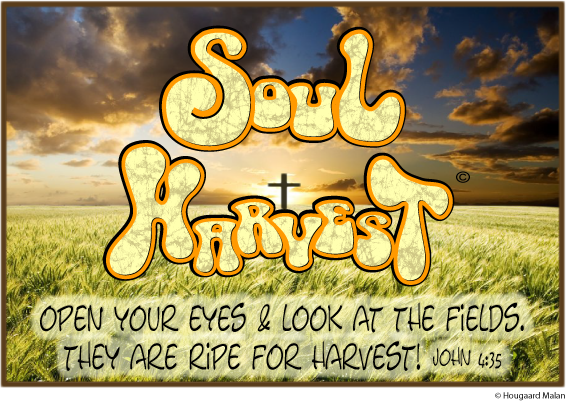Daily Devotional, February 28, 2011
Seeing Potholes
read›
1 Kings 11:1-13
He had warned Solomon specifically
about worshiping other gods, but Solomon did
not listen to the Lord’s command (v.10).
Potholes can be a pain. If a car tire hits a deep one,
we’re talking some serious damage. That’s why
the idea of Italian engineering students Domenico
Diego and Cristina Corradini is so bright—literally! The
duo, noting that many potholes in Europe aren’t repaired
due to lack of funding, have come up with something
called the Street Safe initiative. Their creative plan calls
for potholes to be painted bright yellow, an inexpensive
way to help drivers avoid big pits in the pavement.
God knew the “potholes” that Solomon needed to
avoid—things that could bring his kingdom down. “He
had warned [him] . . . but Solomon did not listen to the
Lord’s command” (1 Kings 11:10). Instead, the king who
was known for wisdom unwisely withdrew into isolation
with his “many foreign women” (v.1). God had warned
His people against marrying such women, for “they will
turn your hearts to their gods” (v.2; Exodus 34:12-17).
Solomon saw the potholes and still caved. And this
happened even after God had warned him on three
occasions to obey Him (talk about “bright yellow paint”!):
“Follow Me and obey My commands” (3:14); “Obey all
My decrees” (1 Kings 6:12); “Follow Me with integrity
and godliness” (9:4). Turning from God to the isolation
of his private pleasures and folly, Solomon chose sin, and
God’s subsequent discipline resulted in his kingdom being
taken from him (11:11).
When we turn from God—isolating ourselves from Him and godly friends—
we’re headed for destruction. Sometimes we think we can cuddle with sin or
keep it hidden, but God’s bright warnings can’t be avoided. Eventually, guilt will
sweep over us as God brings “our secret sins” to light (Psalm 51:2, 90:8).
Don’t fall into the pothole of isolation. Open up and let God and godly
friends help you repent of your secret sins. —Tom Felten
more›
What does Hebrews
10:22 tell us about how
to deal with the guilt of
our sin? Read Luke 6:45
and—in the light of Jesus’
words—consider what’s
hidden in your heart.

